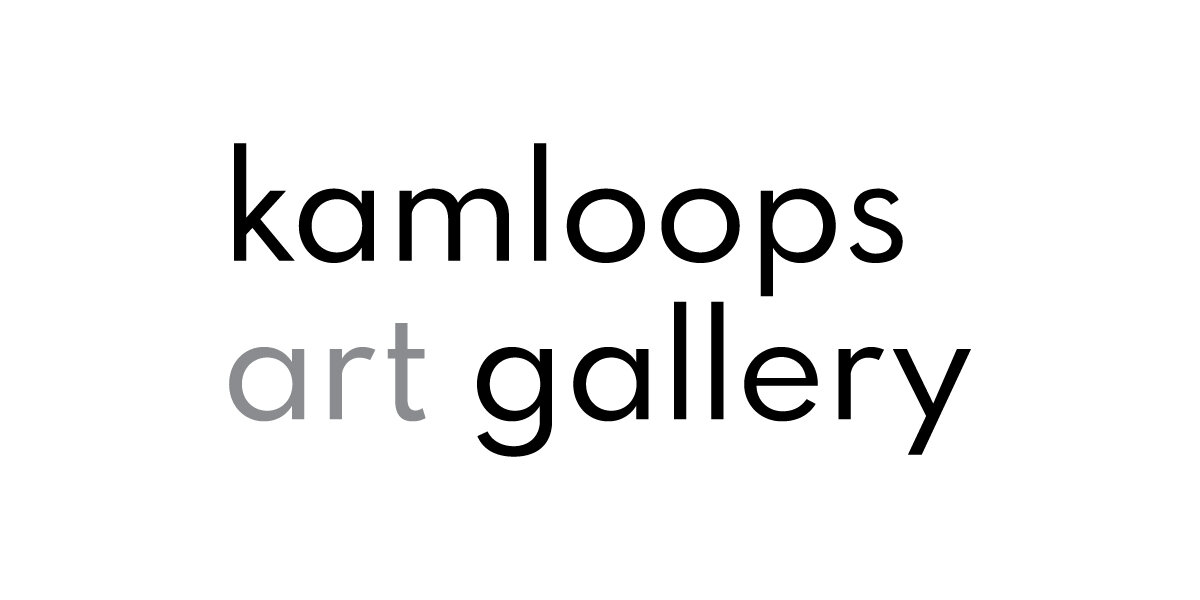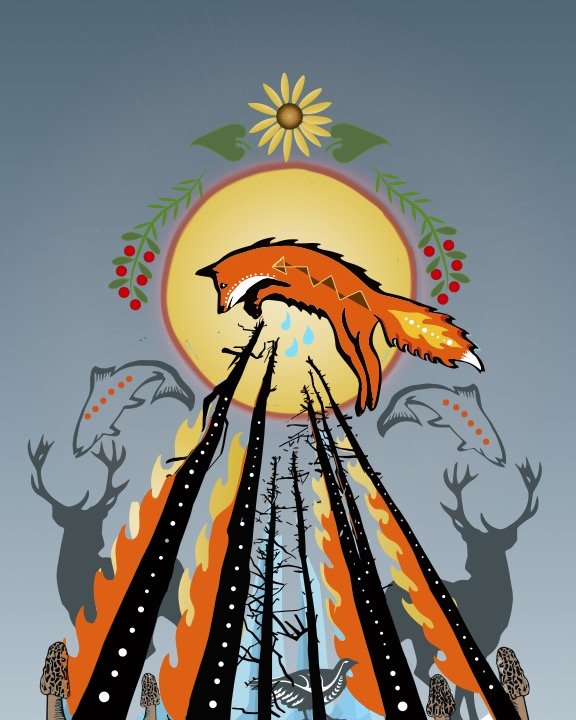Tuesday, March 22, 2022
2:00 pm (PST)
Online via ZOOM
Indigenous communities are on the frontlines of climate change impacts and are disproportionately impacted by disasters such as wildfires and flooding. The 2017, 2018, and 2021 ‘mega-fires’ that burned throughout BC caused large-scale evacuations and impacts to sensitive watersheds and habitats already degraded by decades of industrial forest management.
These significant and ongoing impacts continue to restrict Indigenous peoples' rights and abilities to use and occupy their/our homelands through impacts to living cultural heritage such as fish and wildlife populations and food and medicine plants. Following the 2017 ‘Elephant Hill’ fire, which burned close to 200,000 hectares throughout the heartland of the Secwépemc Nation (Secwepemcúl’ecw), Secwépemc communities came together to advocate for Secwépemc leadership in the recovery and restoration of their/our territories.
In this presentation, Kane and Dickson-Hoyle will share Secwépemc experiences of recent wildfires, the collective story of coming together in joint leadership to shape a new approach to land-based recovery, and ‘lessons learned’ to support Indigenous leadership in land and fire stewardship. Meaningfully addressing climate change and advancing reconciliation requires supporting Indigenous peoples in (re)claiming stewardship roles and transforming forest management to centre sustainable land use and reciprocal relationships with tmicw (the land and all who rely on it).
Angela Kane is the CEO for the Secwepemcúl’ecw Restoration and Stewardship Society. Her role is to implement the vision and mandate of the 8 communities that she advocates for daily.
“Manage, protect and revitalize our tmicw through unity and Secwépemc values and law. Our laws and way of life comes from our connection to timcw. Take care of the land, the land takes care of us. It is our cultural responsibility to ensure we leave a legacy of regenerated lands, enriched and thriving forests and biodiversity, healthy and abundant wildlife, clean air and water for future generations.”
Sarah Dickson-Hoyle is a PhD candidate and Public Scholar in the UBC Faculty of Forestry. Her research, in partnership with the Secwepemcúl’ecw Restoration and Stewardship Society as well as two of its member Secwépemc communities, is documenting how these communities and their territories are recovering following the 2017 Elephant Hill wildfire, and seeks to support Indigenous-led stewardship and restoration in fire-adapted territories.
This talk is offered in support of our current exhibition, Kelly Richardson: Halcyon Fog, on view at the Kamloops Art Gallery until April 2, 2022.
Image: Tania Willard

